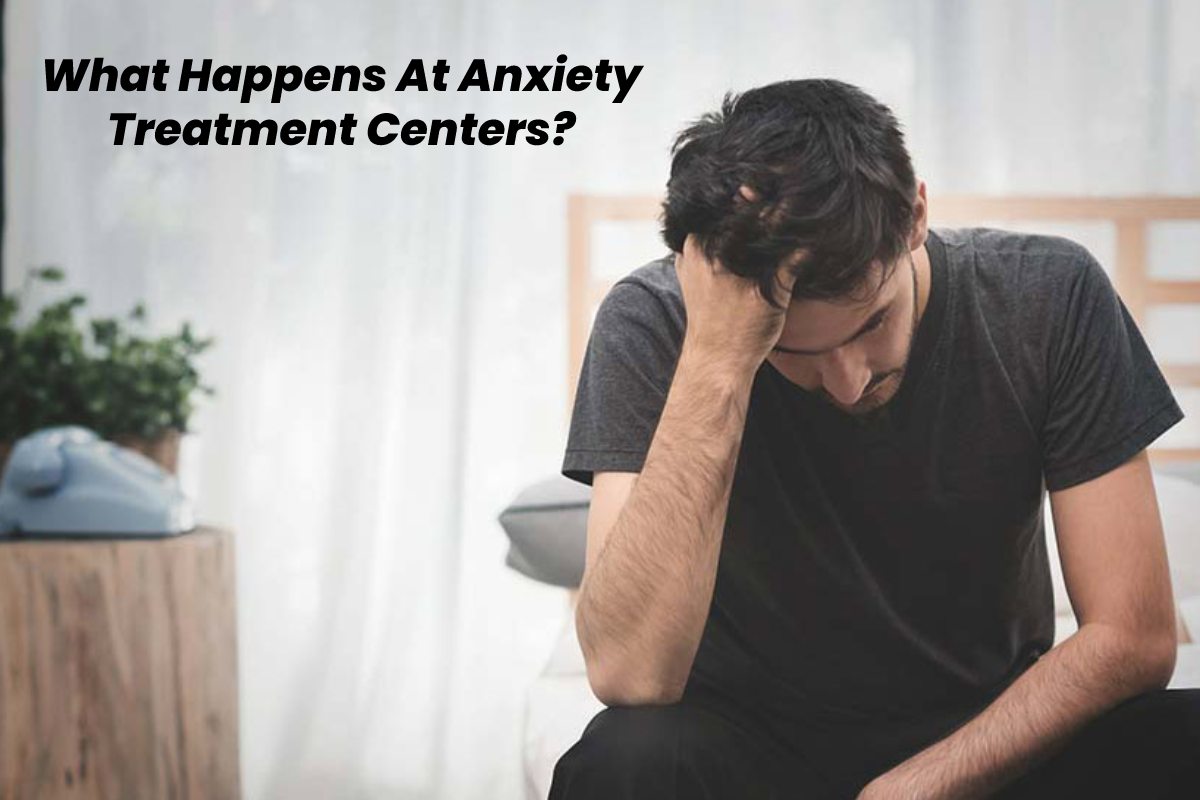Who Are Anxiety Treatment Centers For?
Anxiety Treatment Centers – Anxiety is a very normal and common emotion for most people. However, feeling anxious from time to time does not mean one needs treatment, especially if the anxiety is mild and short-lived. Anxiety treatment centers are designed for those with long-term and acute anxiety.
Long-term anxiety interferes with a person’s ability to form and maintain relationships, perform their job correctly, and even participate in the hobbies they enjoy most. Thus, anxiety treatment can be a very powerful resource. Helping individuals cope with their fears and anxiety will greatly improve their health and well-being and get them on track to achieving their goals.
There are a variety of signs that one may benefit from anxiety treatment. For instance, feeling anxious most of the time is a major sign that one may need anxiety treatment. Additionally, not understanding where fears or anxiety are coming from or why these feelings are so powerful can be another important sign. Using substances to escape feelings of anxiety is yet another significant sign that one may benefit from treatment.
How Does Anxiety Treatment Work?
Initially, by working with a therapist, individuals will find the root cause(s) of their anxiety. This is an important step as it determines the most suitable path of treatment.
Potential causes for anxiety are numerous. The following is a non-exhaustive list of experiences that may lead to long-term anxiety:
- Experiencing a physical or verbal traumatic event
- Experiencing a significant loss; especially if the experience is mentally suppressed
- Irrational expectations of oneself or others
- Witnessing a traumatic event occur to another person
Once a cause is determined and a personalized treatment plan is developed, a person can start learning about their anxiety and how to control it. Within these centers, individuals learn what triggers their anxiety, making it possible to avoid triggers in the first place, so long as it’s healthy to avoid the trigger. Importantly, they also learn what to do and how to cope with already-present anxious thoughts and emotions. Sooner or later, guests will regain confidence and control over their own life.
Types of Anxiety Treatment
Cognitive-Behavioral Therapy (CBT) teaches individuals to recognize when they have anxious and/or irrational thoughts. Recognizing that one is having these thoughts is the first step in reducing them. From there, once anxious thoughts are eradicated, any negative behaviors that may have followed them are also avoided.
Additionally, CBT can also be very relaxing for those with anxiety. Thus, it is not only an educational and empowerment tool but one that can be used effectively for treatment.
Dialectical Behavior Therapy (DBT) is a form of CBT therapy that involves learning behavioral skills in one-on-one or group settings. There are several benefits to DBT. Firstly, it teaches individuals to better regulate their emotions, which is key for anxiety. Furthermore, it also helps individuals improve their social relationships by learning how to better communicate with others. Lastly, DBT helps individuals develop healthy coping mechanisms for stress. Overall, DBT can be very helpful in reducing self-destructive tendencies, such as substance abuse.
Exposure therapy is another form of therapy that involves controlled exposure to the subject that causes one fear and anxiety. The general idea is that by facing fear, one can learn to control it. Initially, it may be scary, but in the long-term individuals will be much better off. The goal of exposure therapy is not just simply facing the fear, but also breaking the cycle of behaviour that accompanies fear.
Typically, individuals will do their best to avoid topics that make them anxious. Although avoidance may provide short-term relief for anxiety, in the long-term, symptoms of anxiety relating to the avoided topic will only get stronger. Therefore, the sooner the fear is faced and understood, the better.
Art Therapy programs allow guests to creatively express themselves through various mediums, including music and the visual arts. Expression allows one to release anxiety and may even serve to prevent panic attacks. By releasing anxious feelings into expressions, one can begin to better understand their emotions.
There is a host of other treatments available at anxiety treatment centers, including Equine Therapy, Health and Wellness Programs, Fitness Treatment Programs, Life Skills Training, and even Holistic Therapy.

